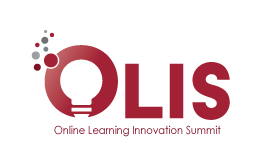“Building Technology Ecosystems: What Are The Other AIs?”
About the Conference
The Online Learning Innovation Summit is a professional development conference that brings together faculty, staff, graduate students, K-12 teachers and administrators from The University of Alabama and the region.
This one-day summit was created to provide an environment of collaboration, innovation and networking for people in the education field.
Attendees will brainstorm, problem-solve and share experiences and best practices surrounding online learning and teaching technologies. The presentations, workshops and demonstrations during this event will continue the discussion of current and future online learning practices.
Location
Location information for 2025 event coming soon!
Registration
Registration is REQUIRED for this FREE, full-day event.


